
Richard Clinton
7 Courses
Richard has been working in ministry for 40 years as a church planter, a pastor, an adjunct professor and leadership consultant and in leadership training for the past 33 years.
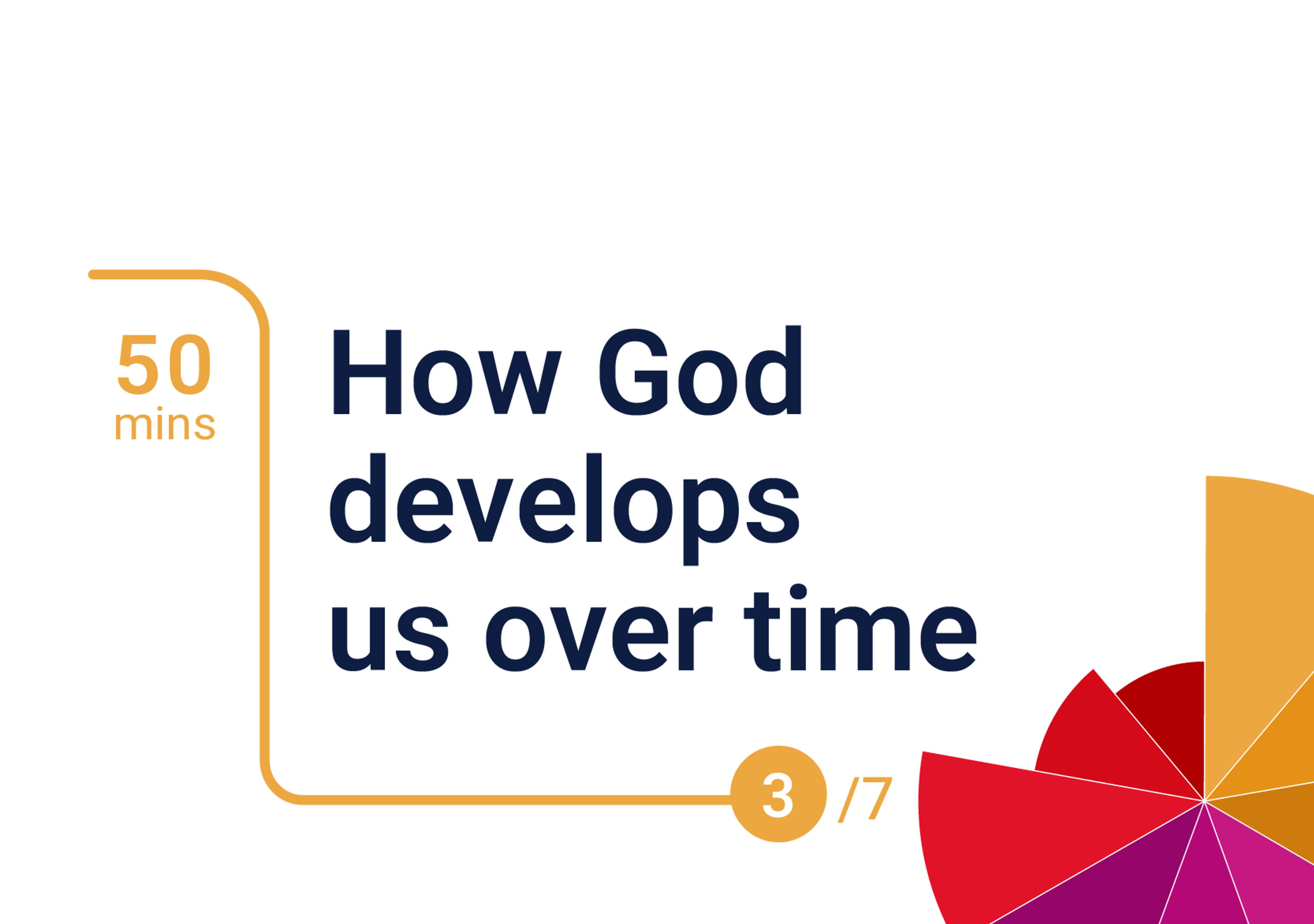
God uses our entire lifetime to develop us. It is important to recognise this as we try to figure out what God is doing in and through us.
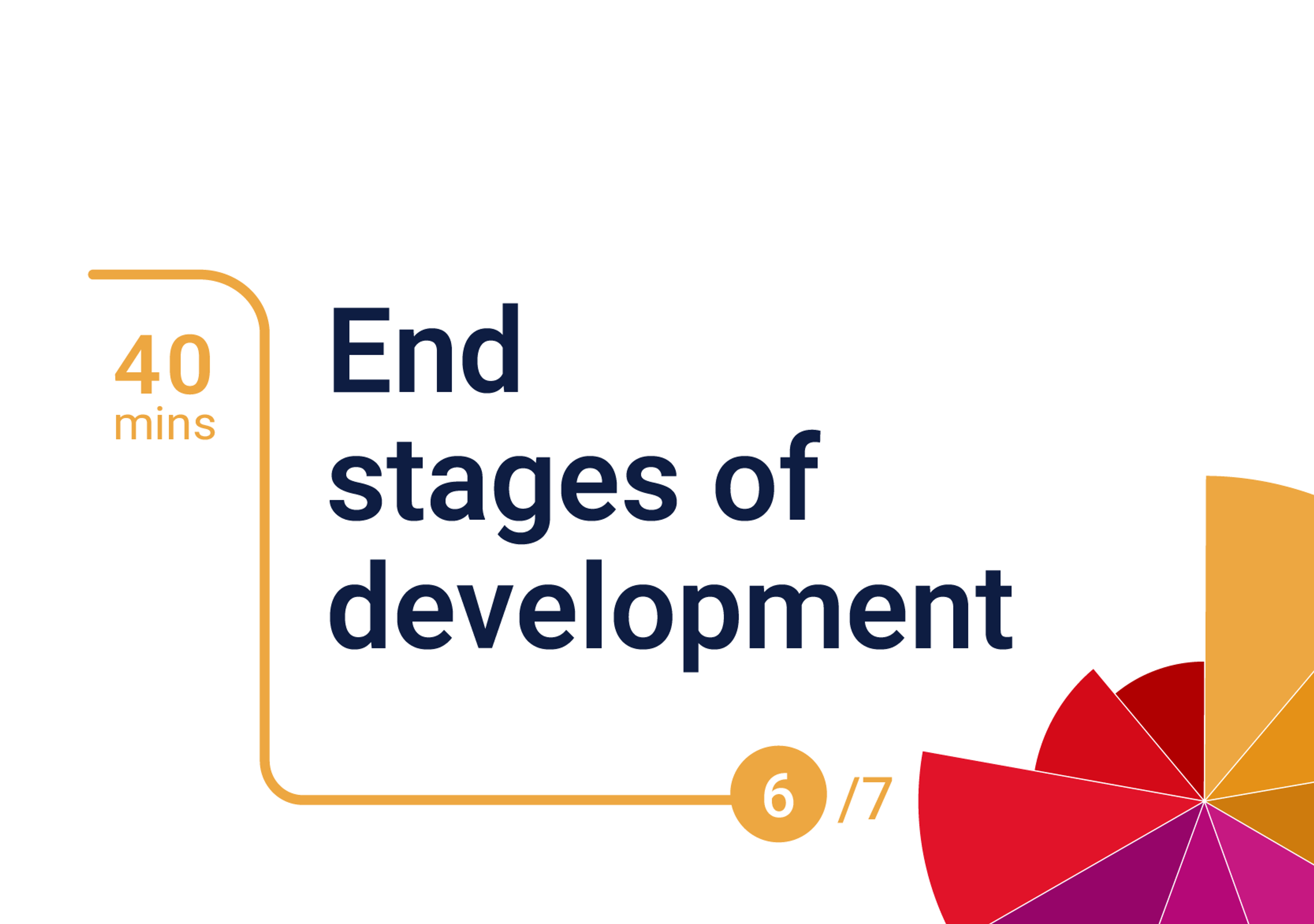
Discover and articulate your unique contribution, legacy types and ministry philosophy. Start developing a strategic plan to raise up the next generation of leaders and develop healthy mentoring relationships.
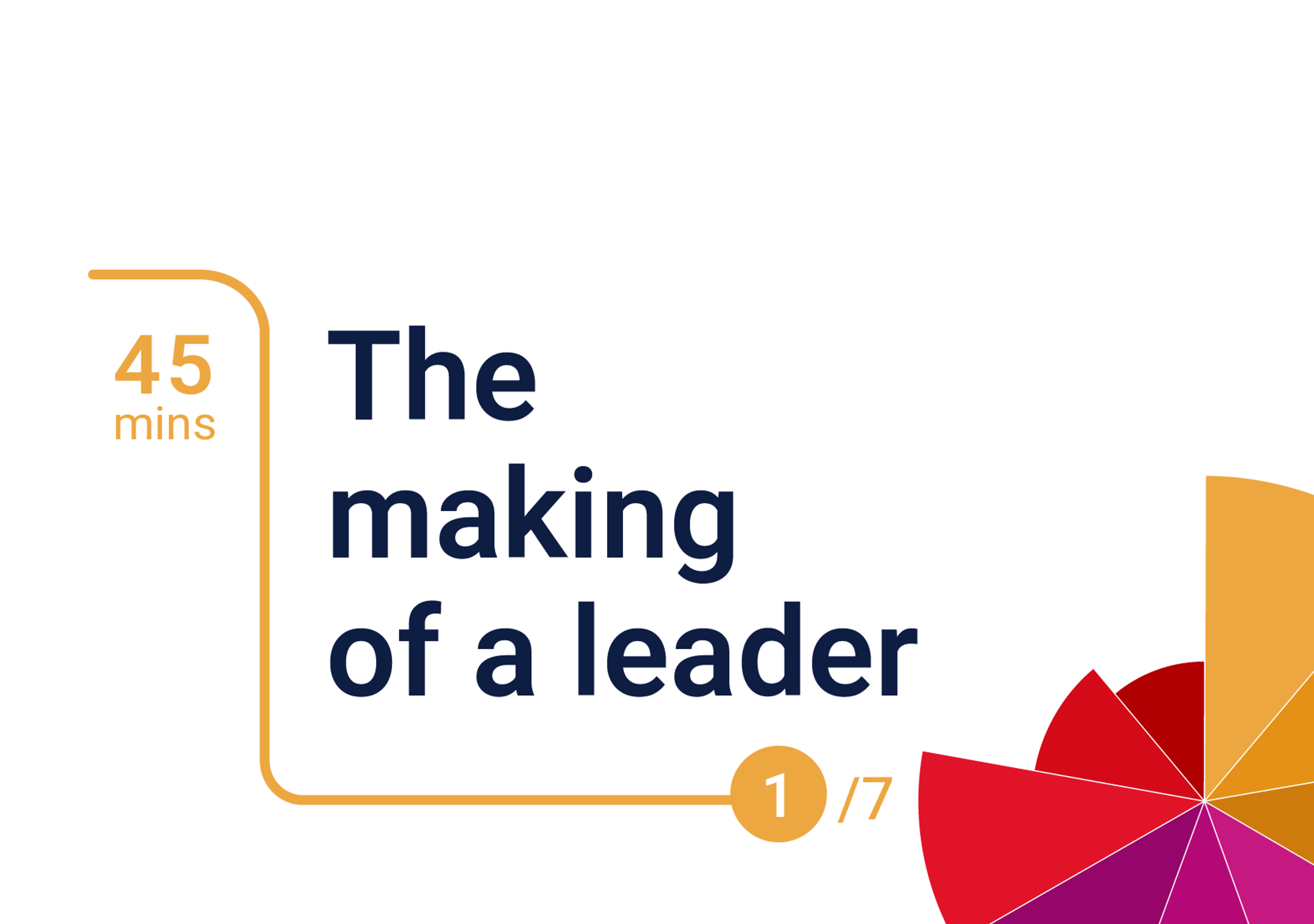
In this course we introduce you to Leadership Emergence Theory (LET), this is our understanding for how God develops leaders.

God has a unique plan for each individual. This plan is what we call our ‘destiny’. God is passionate about communicating what His plan is for each one of us. God sovereignly sets up destiny ‘experiences’ for us that reveal aspects of His plan. These experiences create a growing ‘sense of destiny’ in each one of us as more and more is revealed.
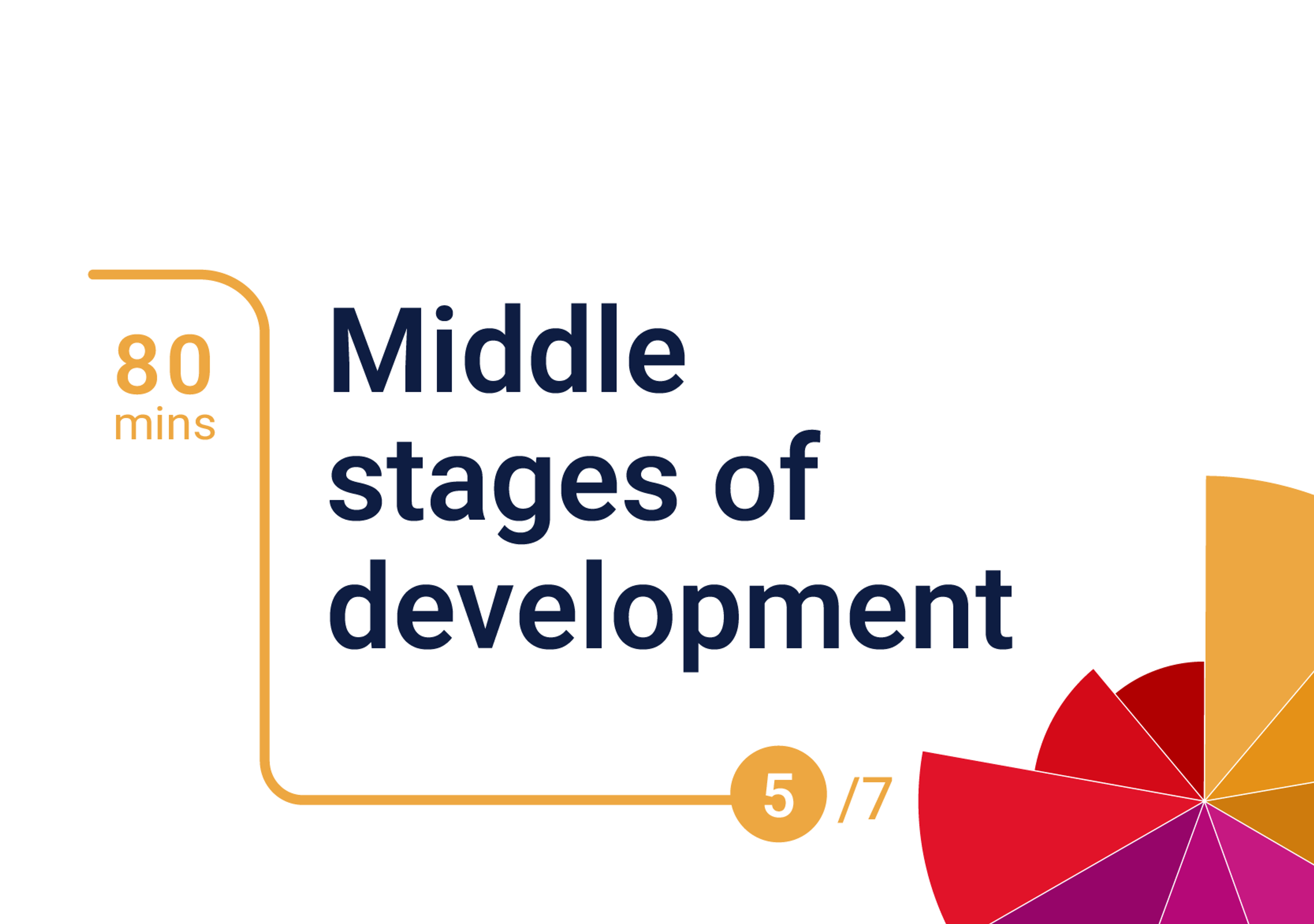
In part 1 of this course, we’ll explore the growth opportunities and challenges encountered during the ‘middle phases’ of leadership development. Through scripted videos, slides, exercises, and forum discussions, you will identify shaping processes, understand challenges, and discover effective growth methodologies tailored to your leadership style. Join us on this journey of self-discovery and growth to maximise potential and overcome obstacles in leadership development.
In part 2, we are going to look at some key areas of development. Developing maturity in giftedness, developing maturity in life and faith, developing focus, developing intimacy with God and developing your ministry philosophy. Navigating these areas of development will set the leader up for the end seasons of ministry.
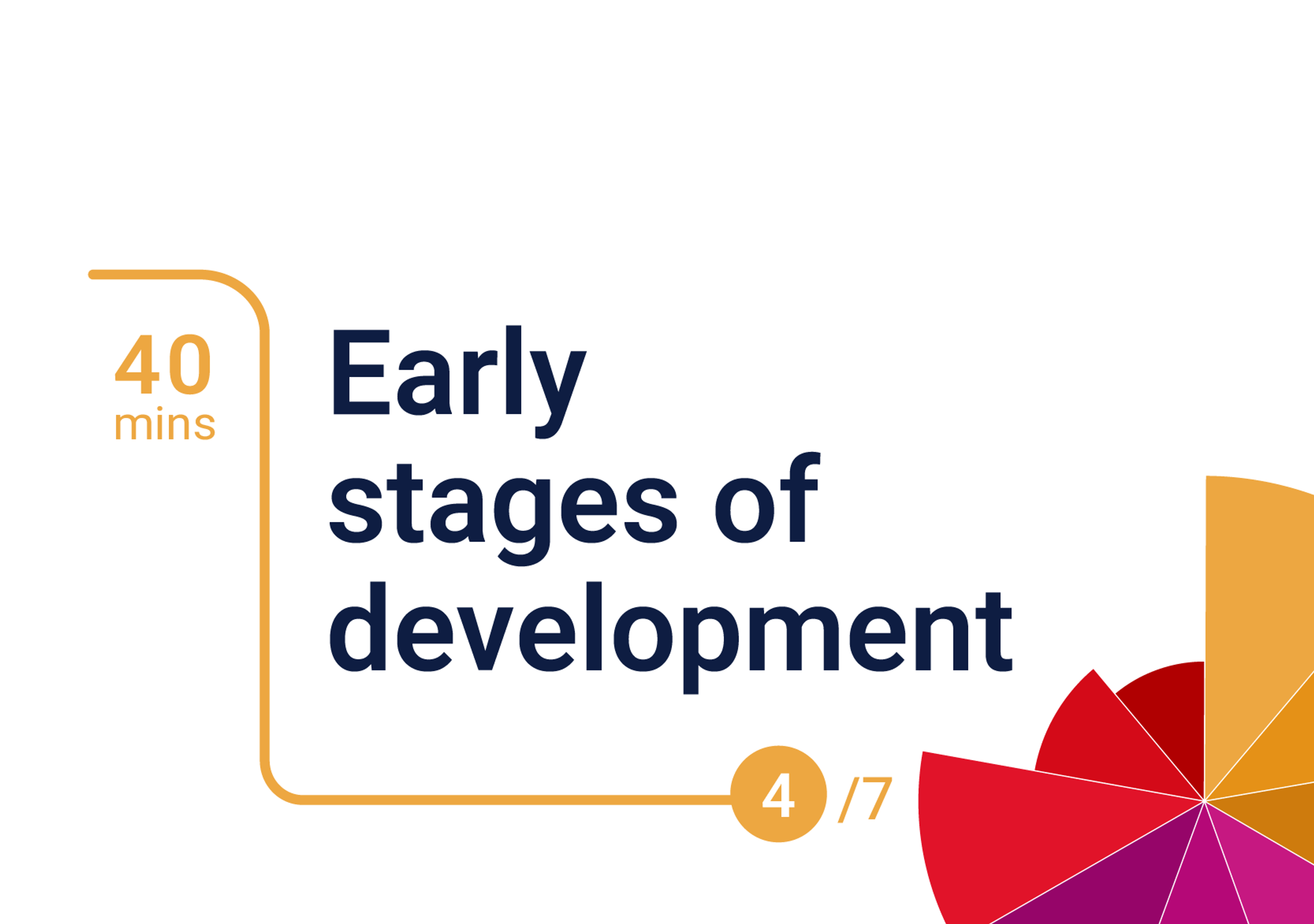
An introduction into the patterns God uses in the early phases of leadership development. We look at the Four key character issues God is shaping in this season, some of the dangers leaders face, and the process of giftedness development. We also discuss the importance of healthy mentoring relationships and describe the nine types of mentor relationships we have discovered.

The importance of living a focused life and proposed action steps to make the most of your learning journey.